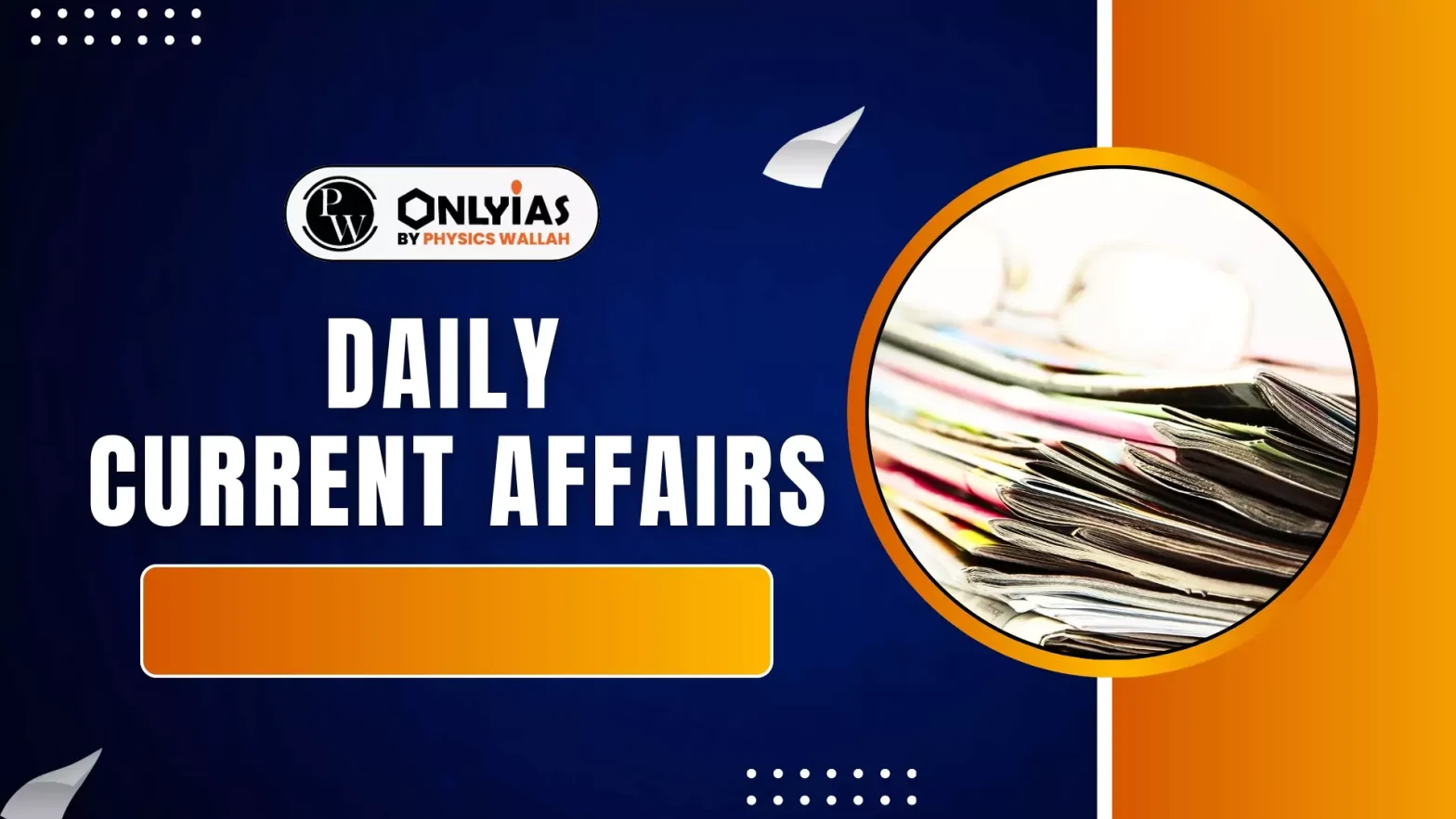Recently, the Supreme Court of India set aside a Delhi High Court order that had directed Wikimedia Foundation to remove a Wikipedia page.
Key Highlights of the Case
- Judicial Overreach : The Supreme Court held that the Delhi High Court overreacted by treating user-generated Wikipedia content and comments as contempt of court.
- Right to Know Upheld: The Court affirmed that the right to know is intrinsic to democratic functioning and protected under Articles 19(1)(a) and 21 of the Constitution.
- Clarified Intermediaries Role: The Court acknowledged that Wikimedia, as a digital intermediary (like social media platforms or internet service providers), provides infrastructure but does not author the content, thus limiting its liability.
Contempt of Court
Contempt of court refers to any act that disrespects the authority, interferes with the functioning, or lowers the dignity of a court. It is meant to safeguard the judiciary’s independence and uphold the rule of law.
Types (as per Contempt of Courts Act, 1971)
- Civil Contempt : Wilful disobedience of any judgment, decree, or order of the court.
- Criminal Contempt :Any publication or act that scandalises or tends to scandalise, prejudices judicial proceedings, or obstructs the administration of justice.
Constitutional Provisions
- Article 129: The Supreme Court shall be a court of record and shall have all the powers to punish for its contempt.
- Article 215: Every High Court shall be a court of record and shall have the power to punish for contempt of itself.
These powers are inherent to maintain the majesty and dignity of the courts and ensure uninterrupted justice delivery. |
Constitutional Basis for the Right to Information (RTI)
- Embedded in Article 19(1)(a): The right to know is a crucial aspect of the freedom of speech and expression, allowing citizens to access information necessary for meaningful participation in democracy.
- Extension to Article 21: The Supreme Court has recognised that the right to know also strengthens the right to life and personal liberty, enabling informed decisions and access to justice.
- Essential for Democratic Functioning: Without informed citizenry, accountability of institutions and public participation in governance is compromised, making the right to know foundational to good governance.
Supreme Court Judgments Linking RTI to Article 19(1)(a)
- S.P. Gupta v. Union of India (1981): Recognised the public’s right to know as essential in a participatory democracy, particularly concerning the functioning of the government and judiciary.
- State of U.P. v. Raj Narain (1975): Asserted that citizens have a right to know about public acts of public officials, grounding transparency in the principle of open government.
- Secretary, Ministry of Information & Broadcasting v. Cricket Association of Bengal (1995): Held that the right to information is implicit in Article 19(1)(a), strengthening freedom of speech and the public’s right to receive information.
|
Challenges to Transparency and Risk of Misuse
- Judicial Sensitivity vs. Public Scrutiny: Courts must balance maintaining their dignity with allowing public discussion. Overreach, as seen in the Delhi High Court’s order, can suppress freedom of expression.
Safe Harbour Principle under Information Technology Act, 2000:
- Under Section 79 of the IT Act, the Safe Harbour principle protects intermediaries from liability for third-party content, provided they:
- Do not initiate, select the receiver, or modify the content, and
- Act on complaints to remove unlawful content expeditiously when notified.
- This principle ensures that intermediaries are not held legally responsible for user-generated content if they comply with due diligence norms prescribed under the IT (Intermediary Guidelines and Digital Media Ethics Code) Rules, 2021
|
- Misuse of Contempt Powers: Using contempt provisions to penalise critical commentary may chill free speech and stifle civic engagement, especially in online spaces like Wikipedia.
- Defamation and Intermediary Liability: The increasing number of defamation suits against platforms raises questions about the application of the safe harbour principle under the IT Act, especially when platforms merely host user-generated content.
- Need for High Court Prudence: The Supreme Court’s caution signals to High Courts to weigh the right to know and the role of intermediaries before issuing take-down orders.
Conclusion
The Supreme Court’s reaffirmation of the right to know strengthens India’s democratic fabric. Courts, while preserving their authority, must remain open to scrutiny, ensuring that freedom of expression and transparency prevail over institutional sensitivity.
![]() 12 May 2025
12 May 2025
